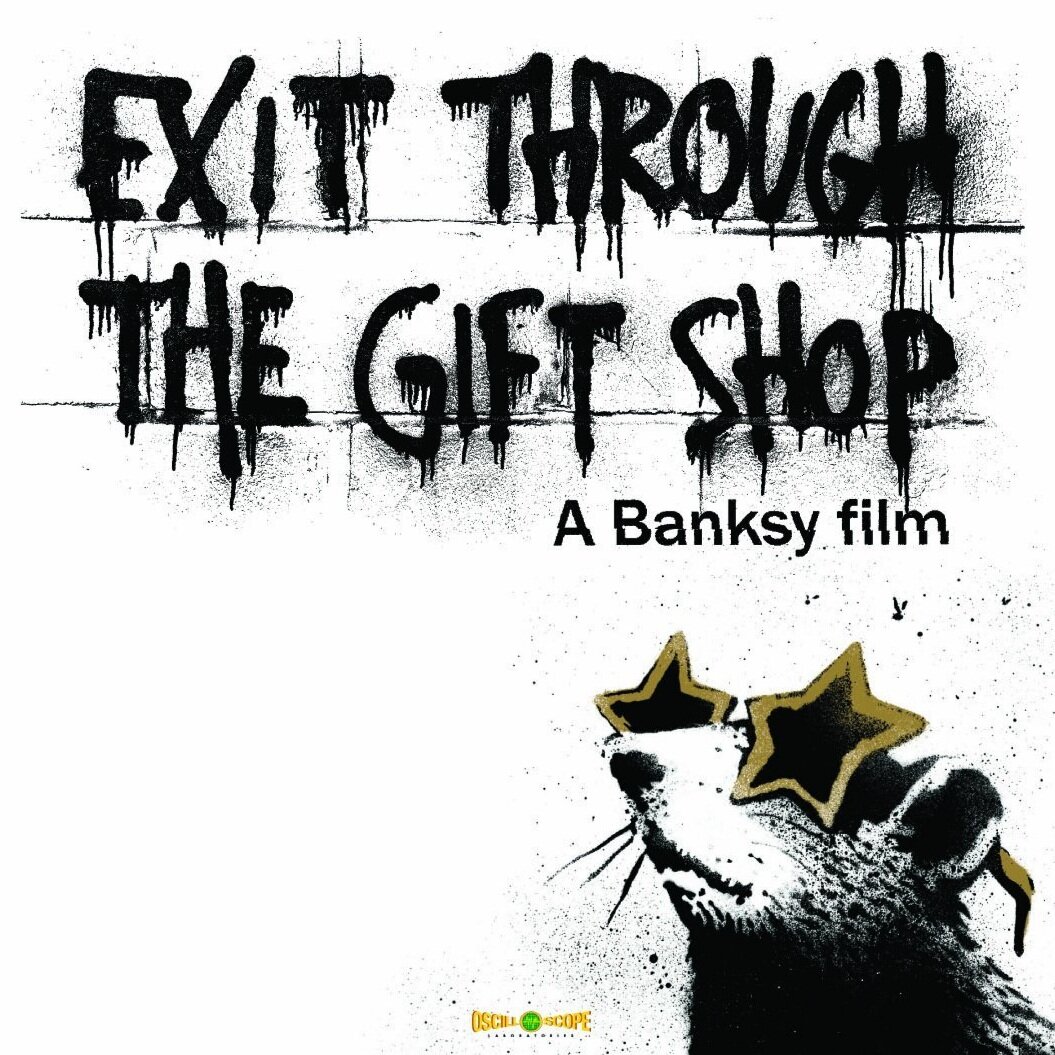A Magical Love in the Air: Harry Potter Returns to Hogwarts
Moviegoer Rating: ★★★★
I like to think I have a special connection with Harry Potter movies: I watched them aged 9 before reading the books, and still have vivid memories of attending the first-day shows of Harry Potter and the Deathly Hallows Part 1 and Part 2. Watching the reunion not only made me more aware of that connection but also how so many others share that same bond. In many ways, Harry Potter has a unique fandom, born out of a pure childlike love for the wonders of magic and the simple yet powerful premise. Perhaps that’s why for many it felt like this reunion was not only long overdue but just the right panacea during a new wave of an endless pandemic.
There are several wonderful aspects of this reunion. The most fundamental was the narrative structure, with footage of the cast constantly interspersed with clips from the movie. It made the emotions associated with it even more powerful and the viewer all the more nostalgic. The experience of being reminded of your original memories with the franchise while seeing an older cast now was reminiscent of the passage of time.
The other great structural aspect was its chronological nature, with each movie’s stories being analyzed one after another. I’m particularly glad they brought back all 4 directors: Chris Columbus, Alfonso Cuarón, Mike Newell, and David Yates. Each of them had such an impact in changing the tone and look of the franchise that they deserved to be individually recognized for their unique style. They also now seem like the obvious choices for the installments they had directed, and seemed to almost infuse some of their personality into the film itself. Columbus, with his incredible production creativity, man-management and communication skills, was perfect for the herculean task of designing the initial setting and teaching a group of 11-year-olds how to act. Cuarón, with his auteur personality and incredible control over the tonal structure of the film, was apt for Prisoner of Azkaban, which introduced the Dementors and marked the onset of their teenage years. Newell’s jovial nature was the best fit for the raging hormones of Goblet of Fire and Yates was the skipper needed to bring the show home in the last four movies.
Along with the overall structure, there were many poignant moments throughout the reunion. First, the interactions between the wider cast with all of Hogwarts, while mostly non-verbal, were wonderful to observe. There were also two standout performances by Helena Bonham Carter and Gary Oldman, who in their irreverent and heartfelt interactions with Daniel Radcliffe reminded us of their instant likeability.
However, the most emotional part of the entire reunion was seeing the golden trio (Daniel Radcliffe, Rupert Grint, and Emma Watson) together again. The feelings they express for each other are undeniably genuine, and in doing so they remind us of the uniqueness of their journey. There are both humorous recollections of their antics and a somber acknowledgment of when they thought about potentially quitting the franchise. Through it all, though, we’re reminded how incredibly rare it is to watch children grow up on screen for the entirety of their teenage years. With all the media spotlight and pressure on them, it is all the more fortunate that they have turned out to be such polite, humble, and good people.
Of course, for all my fanboying I would be remiss to not mention the drawbacks of this spectacle. For starters, there should have been more scenes with the entire cast together, with all of them talking about their shared experiences. Consequently, it felt a bit broken up, a contrast to their claims of the entire cast being a family. The Harry Potter films were also unique for pairing novice child actors with the cream of the British acting industry: Alan Rickman, Maggie Smith, Michael Gambon, Gary Oldman, Julie Walters, to name a few. I would have loved to see more of these veterans come back and offer their perspectives on the franchise now, given their experience before the films. Finally, I believe the reunion needed a larger role for J.K. Rowling. Notwithstanding the controversy surrounding her, the fact remains that this entire franchise would have never existed without her incredibly creative mind, and the reunion needed to do better by its creator. Currently, there are only snippets of a 2019 recorded interview included, which doesn’t truly pay tribute to her foundational contribution.
For all its faults, the reunion knew the audience it was appealing to and it made sure to tug all the emotional heartstrings. The tributes to the various actors lost along the way were poignant and powerful, particularly the great Alan Rickman, Helen McCrory, and Richard Harris. It encouraged me to rewatch some of the films again, as I’m sure for many others as well. But more importantly, it reminded me of the lasting power of Harry Potter: of the value of layered but accessible stories, and of the importance of having faith in good over evil. I, for one, can’t wait for the next time these characters and actors are back on screen, whether through a new movie or at the next reunion special.
Harry Potter 20th Anniversary: Return to Hogwarts is currently available to stream on HBO Max.
Popular Reviews
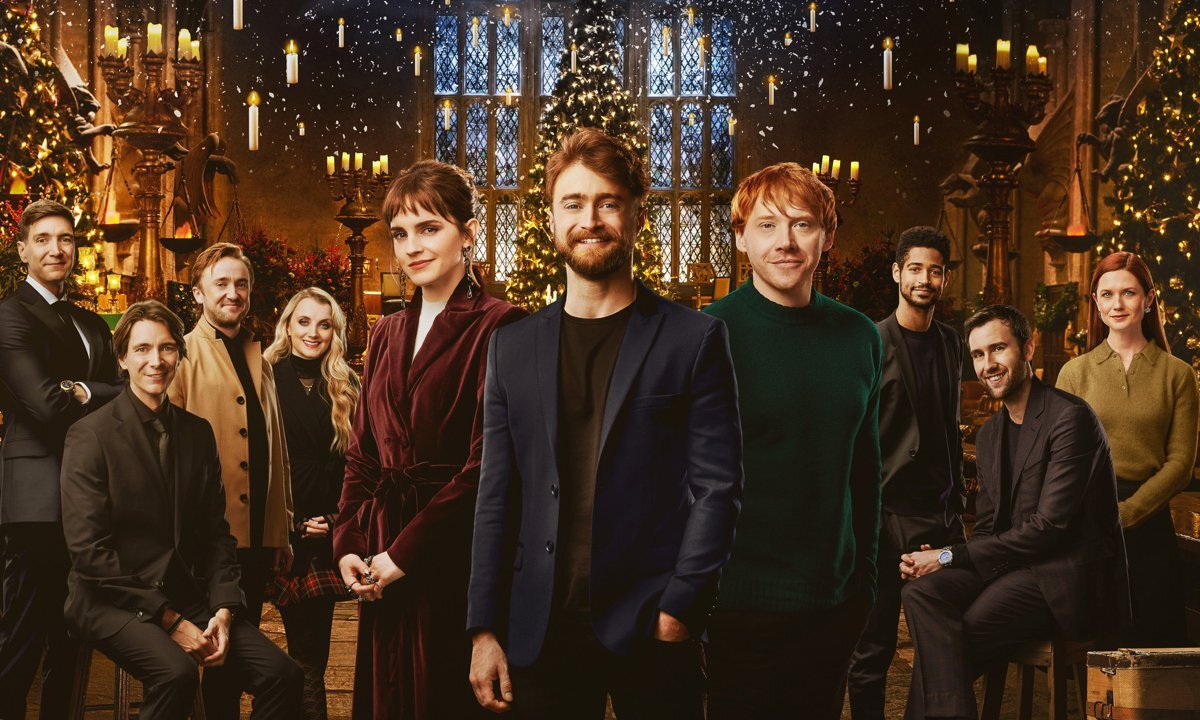


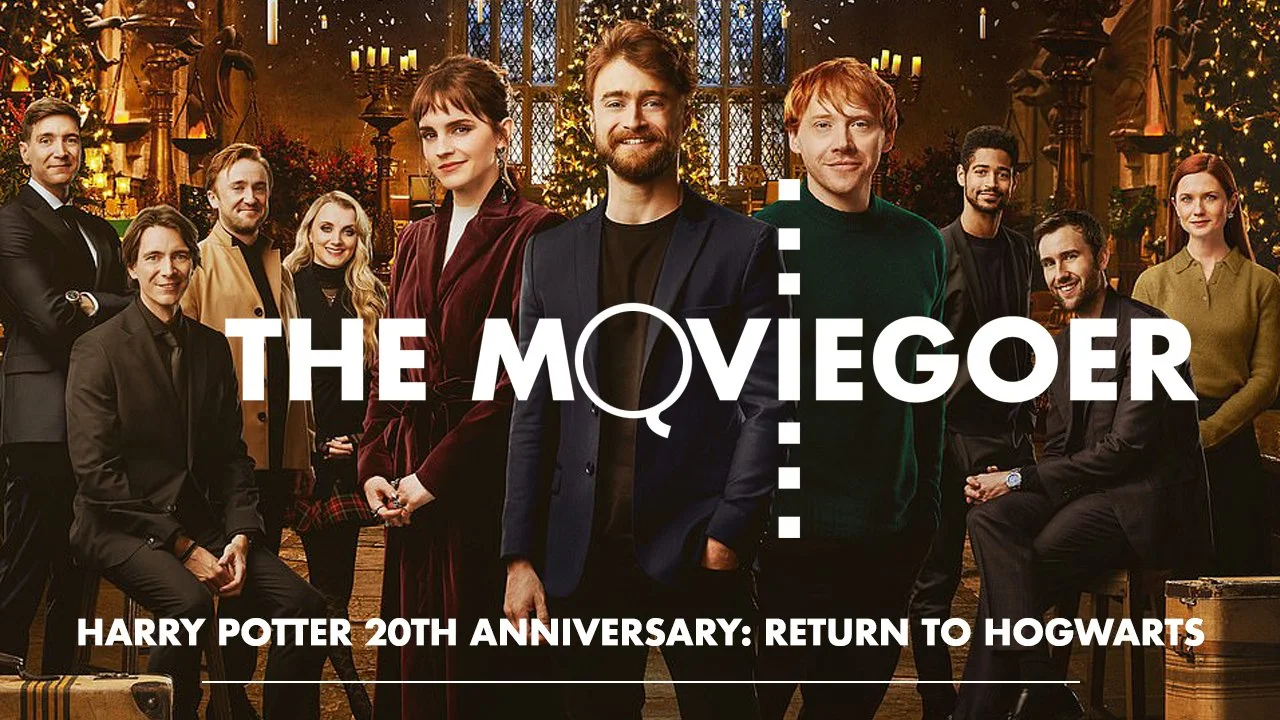
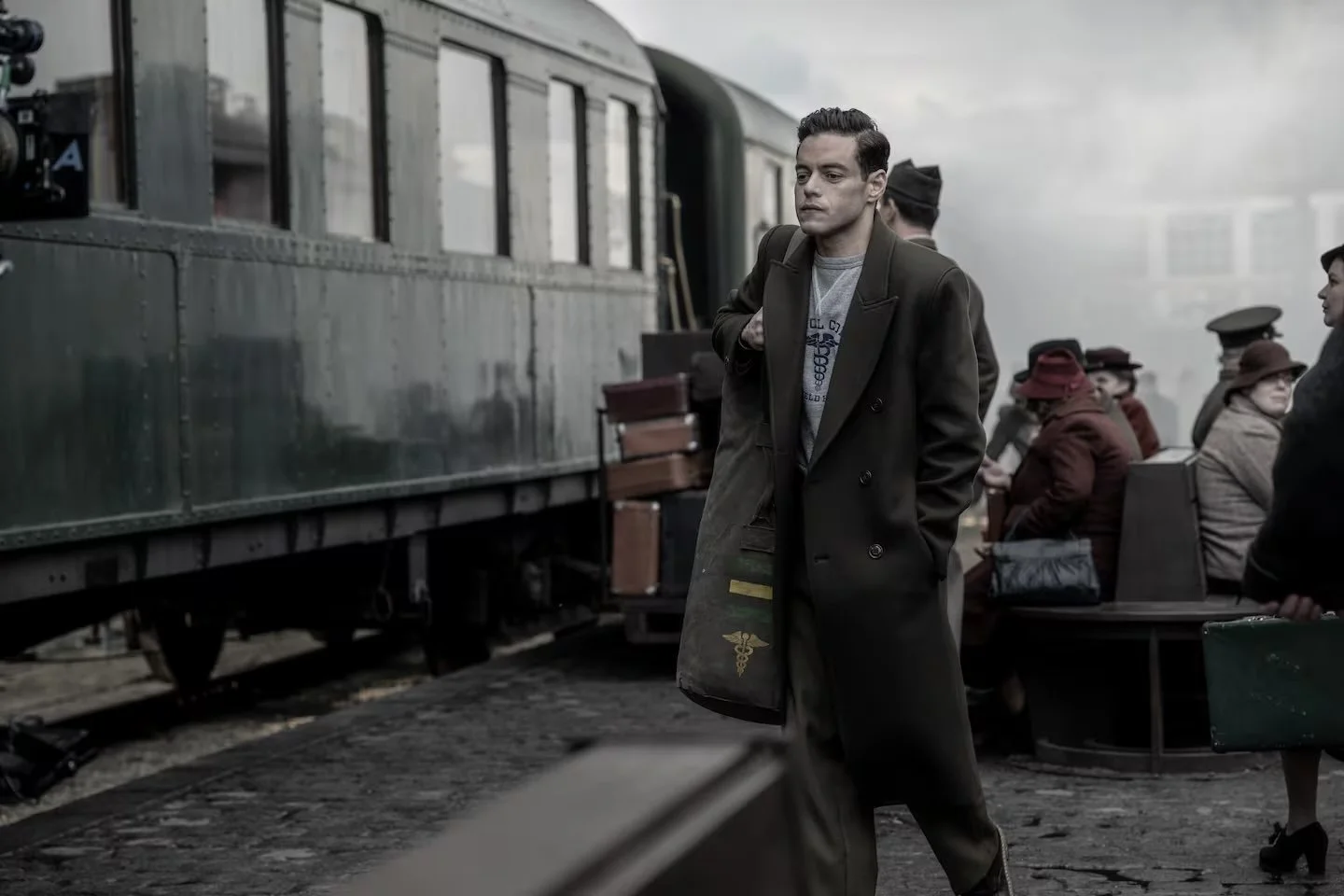



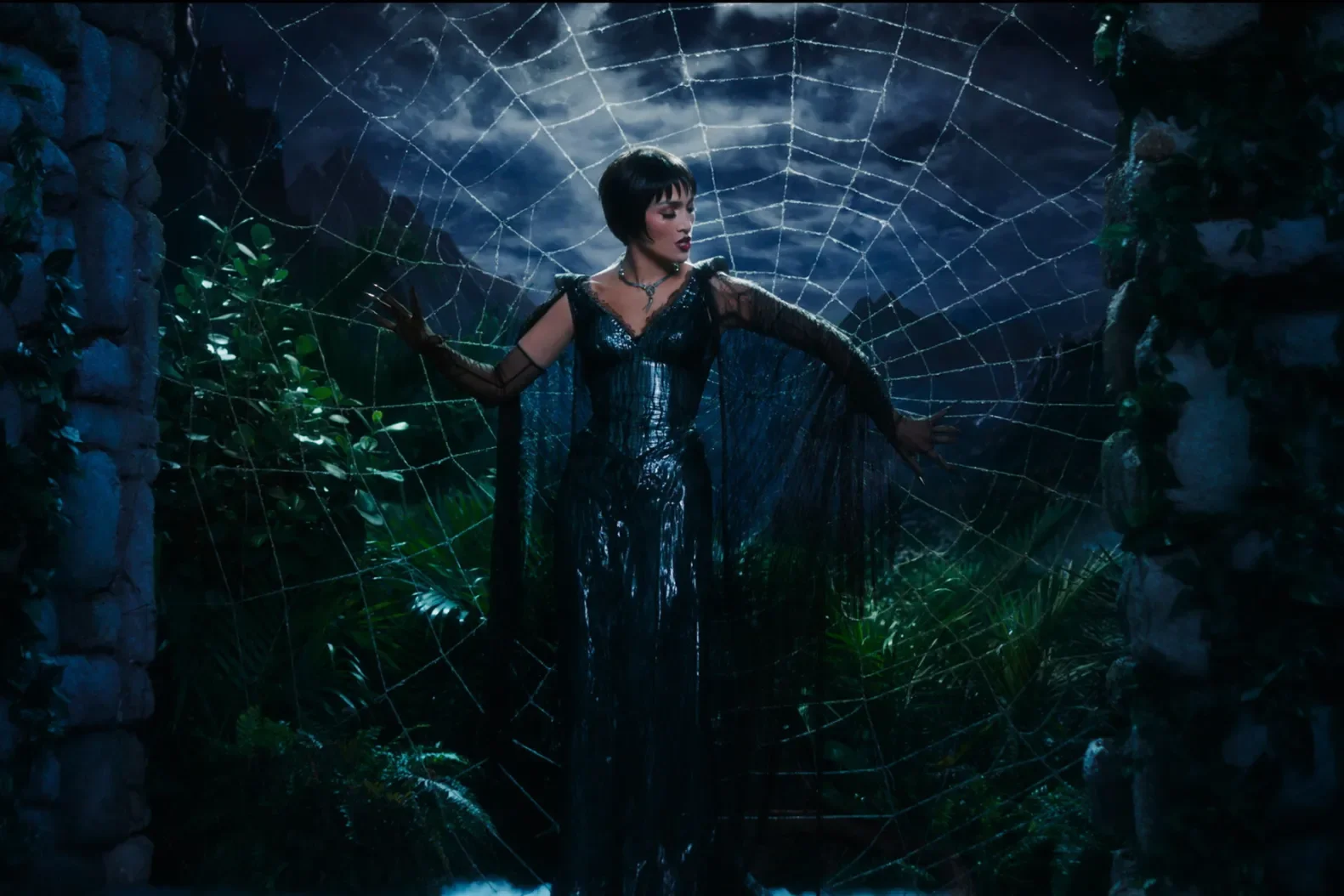

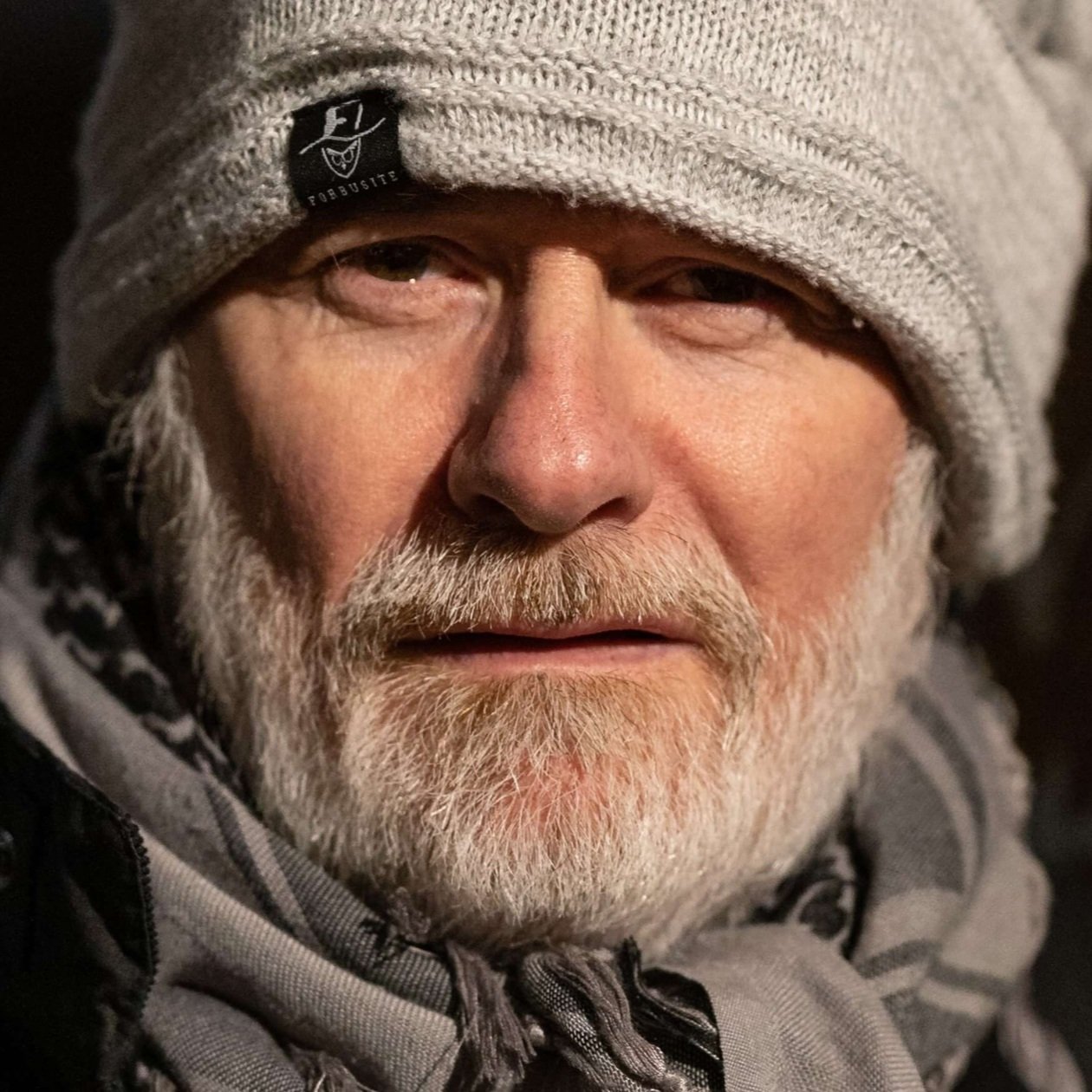
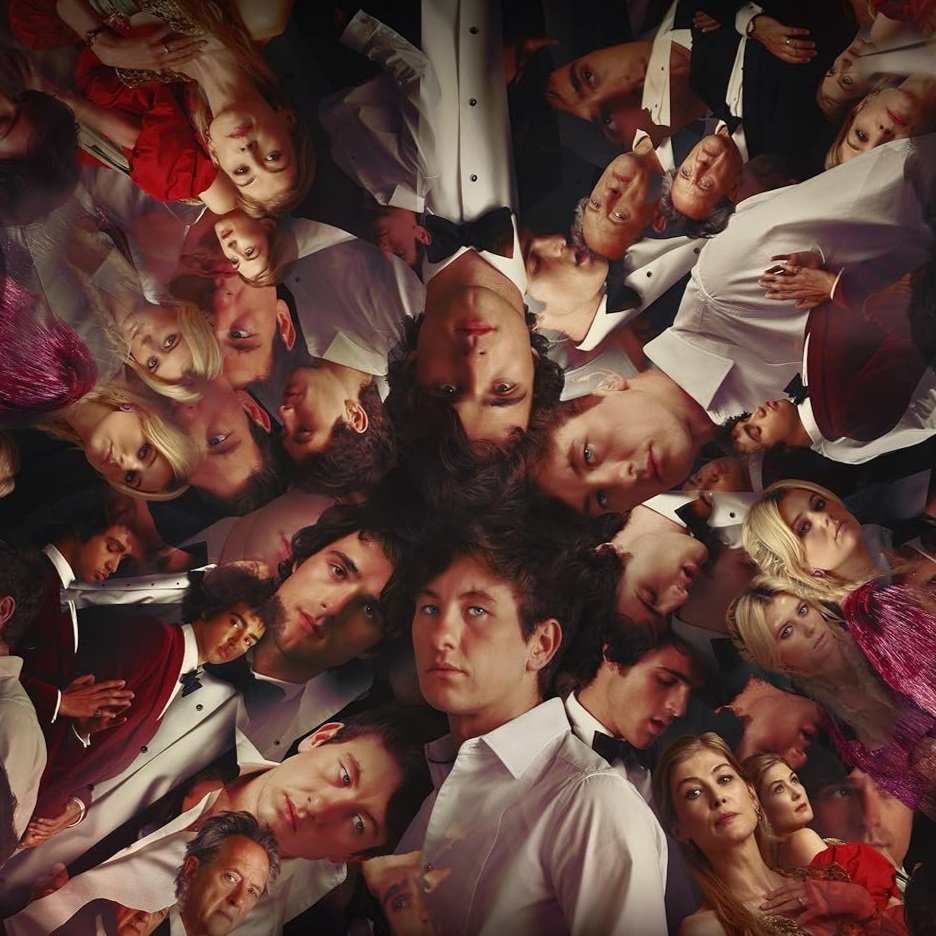



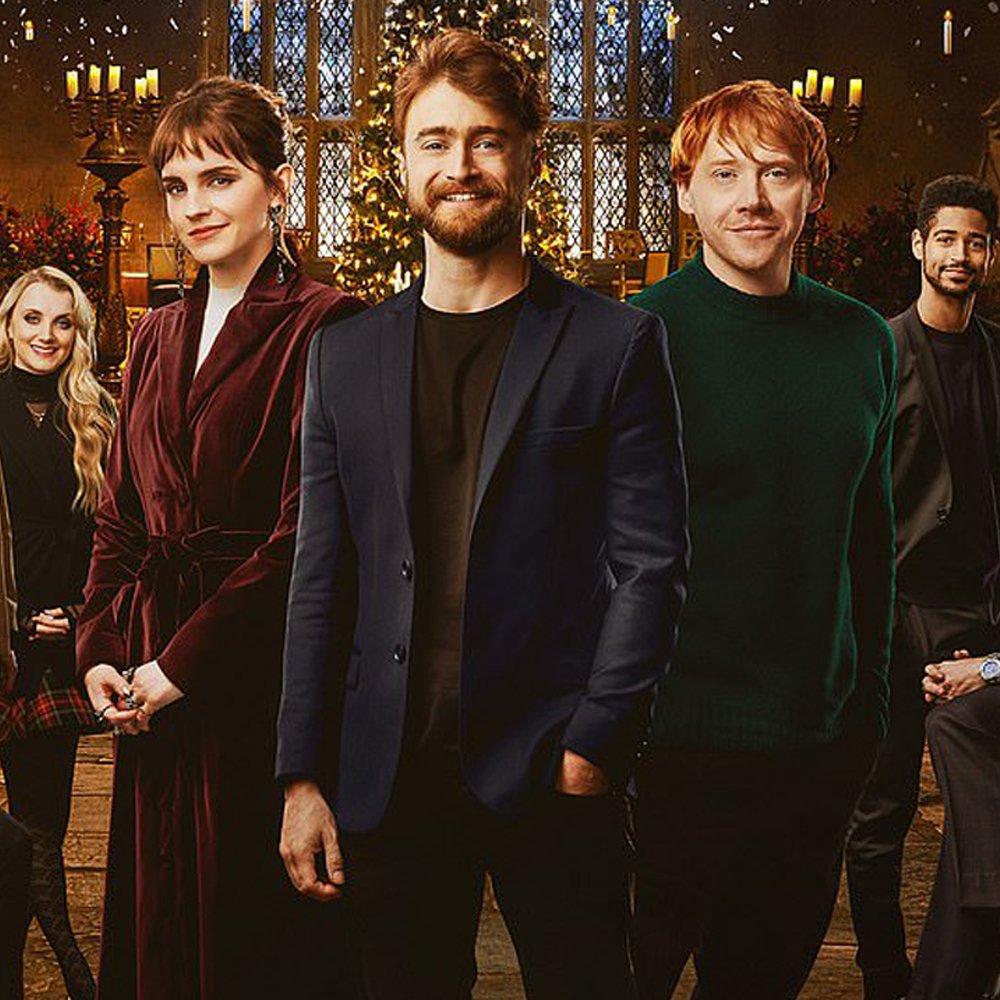


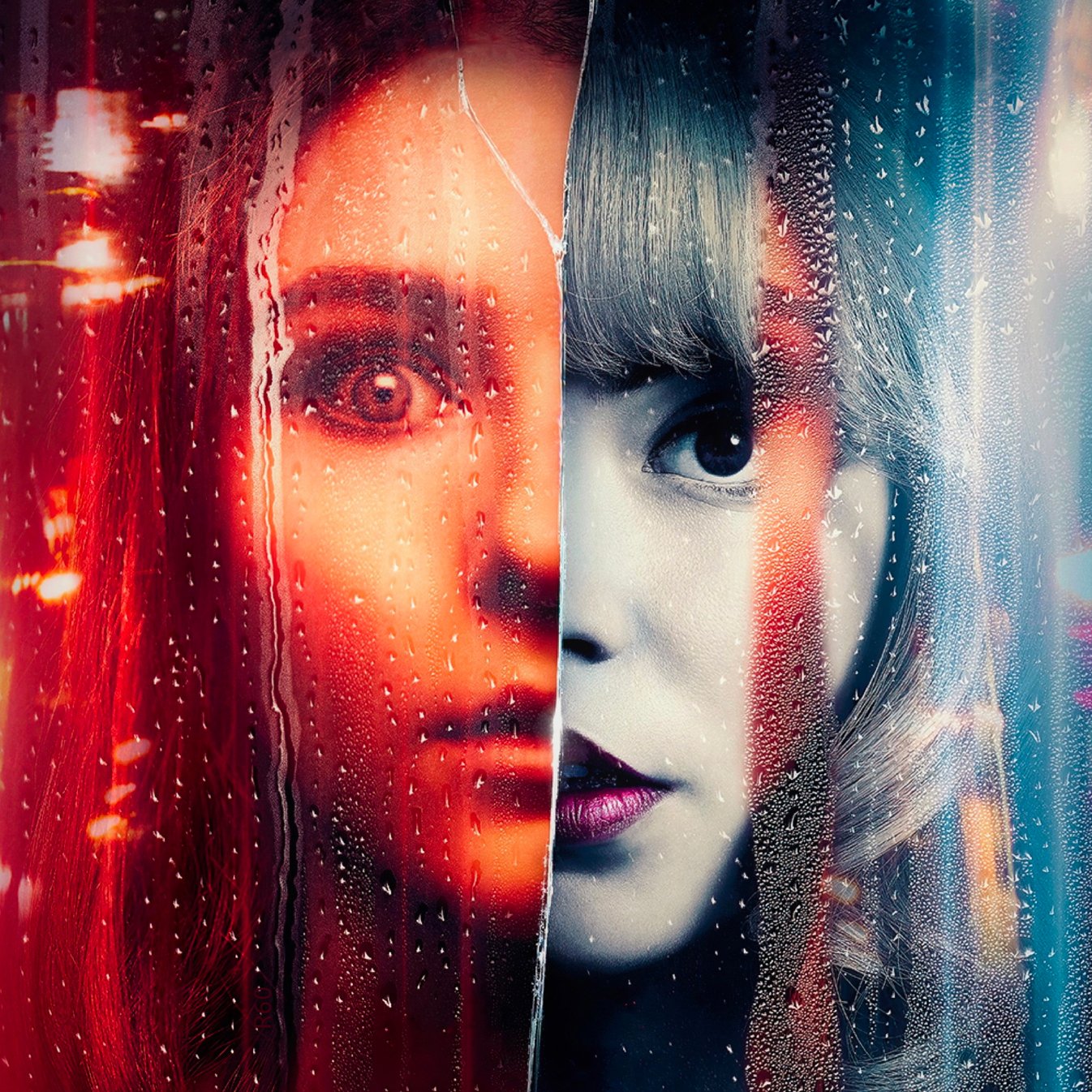
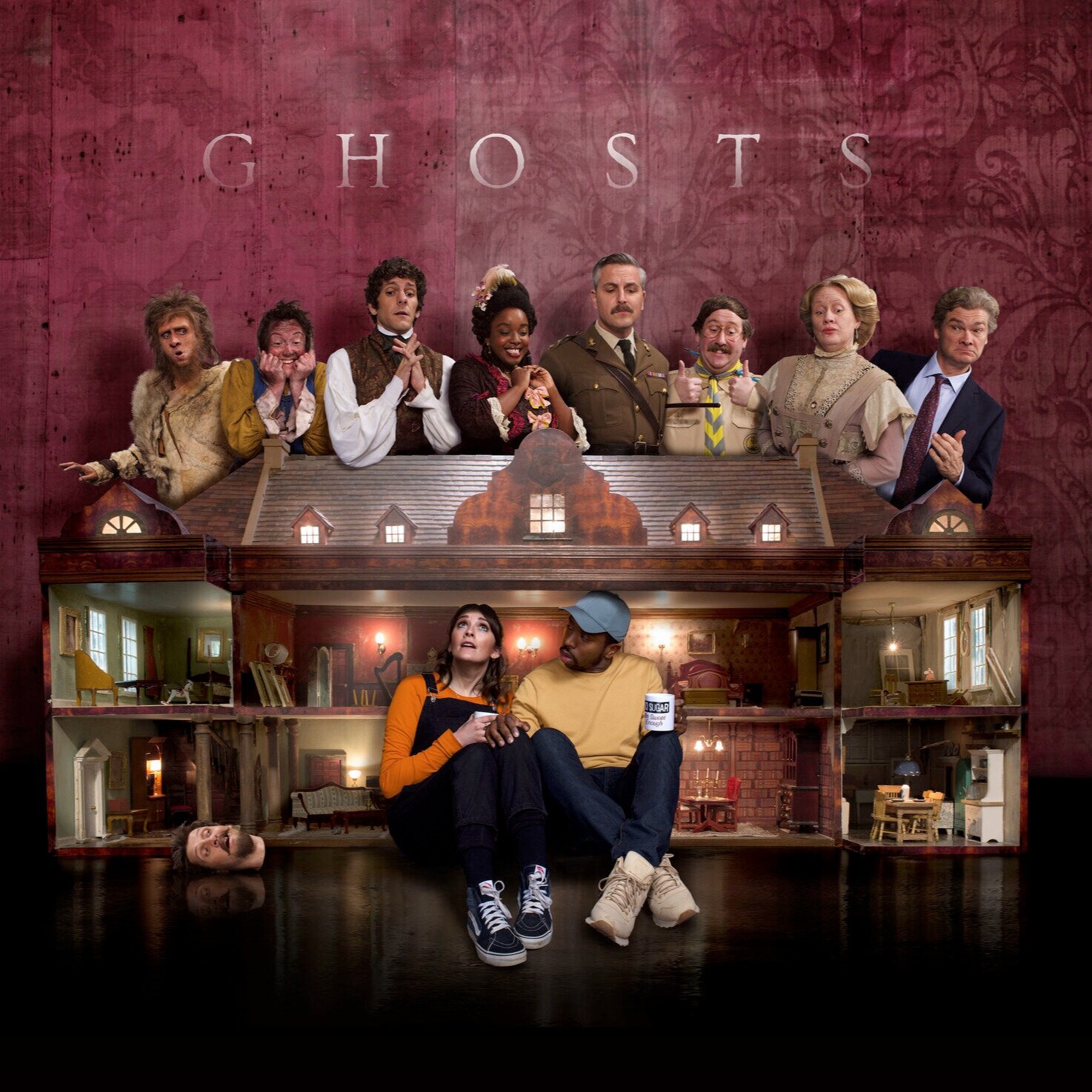
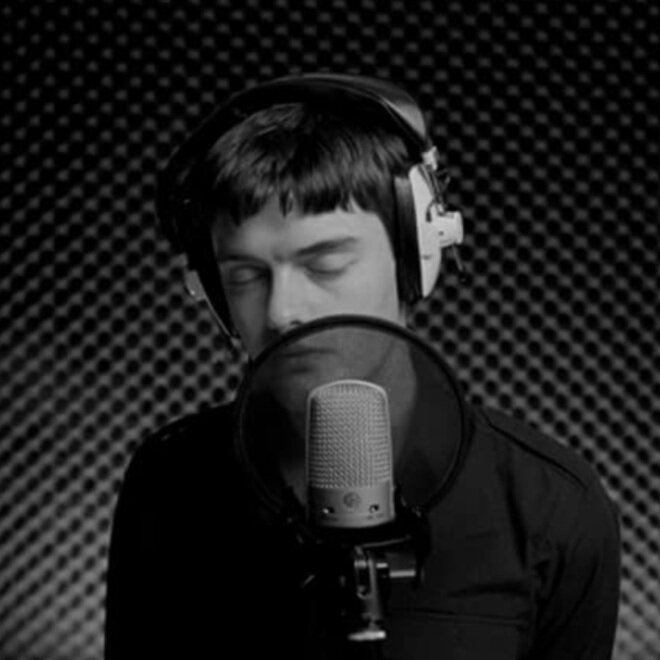
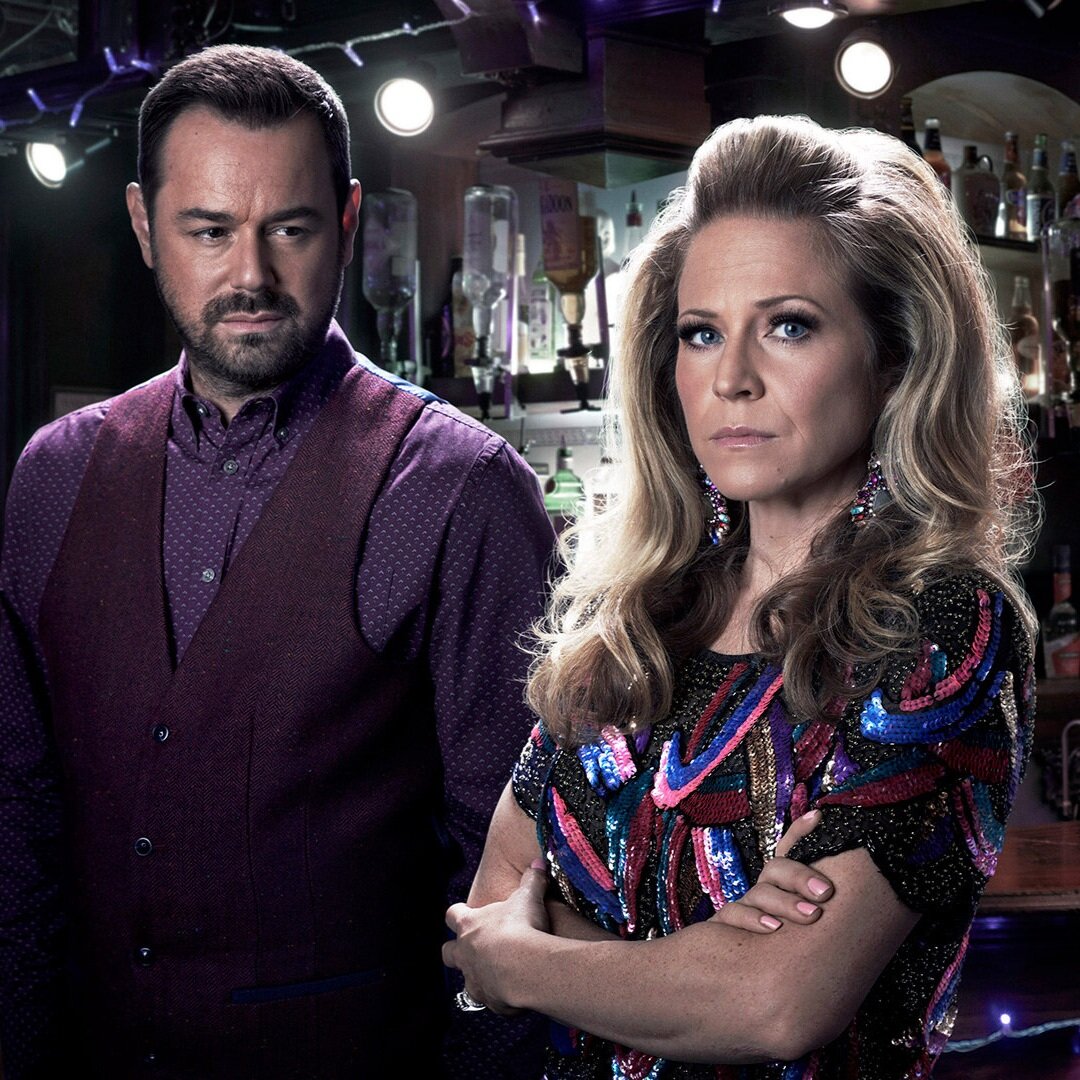

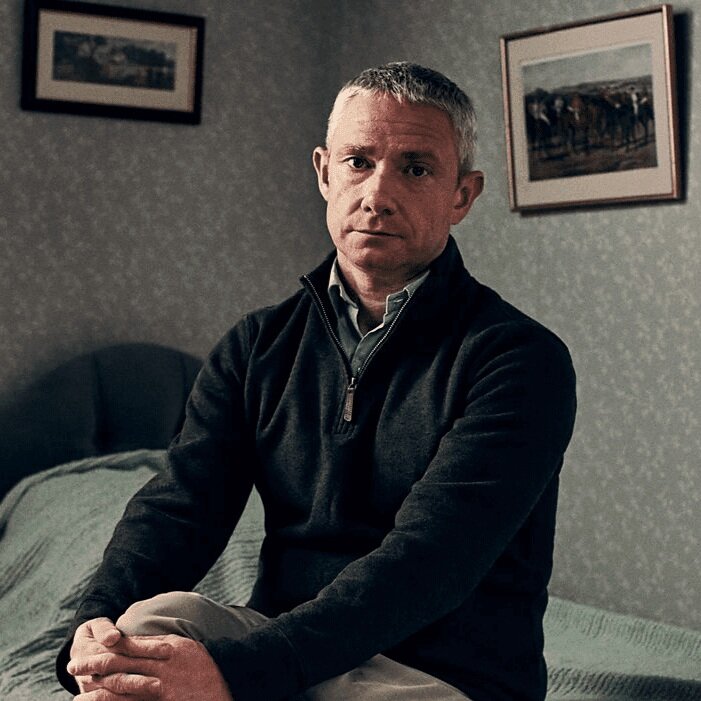
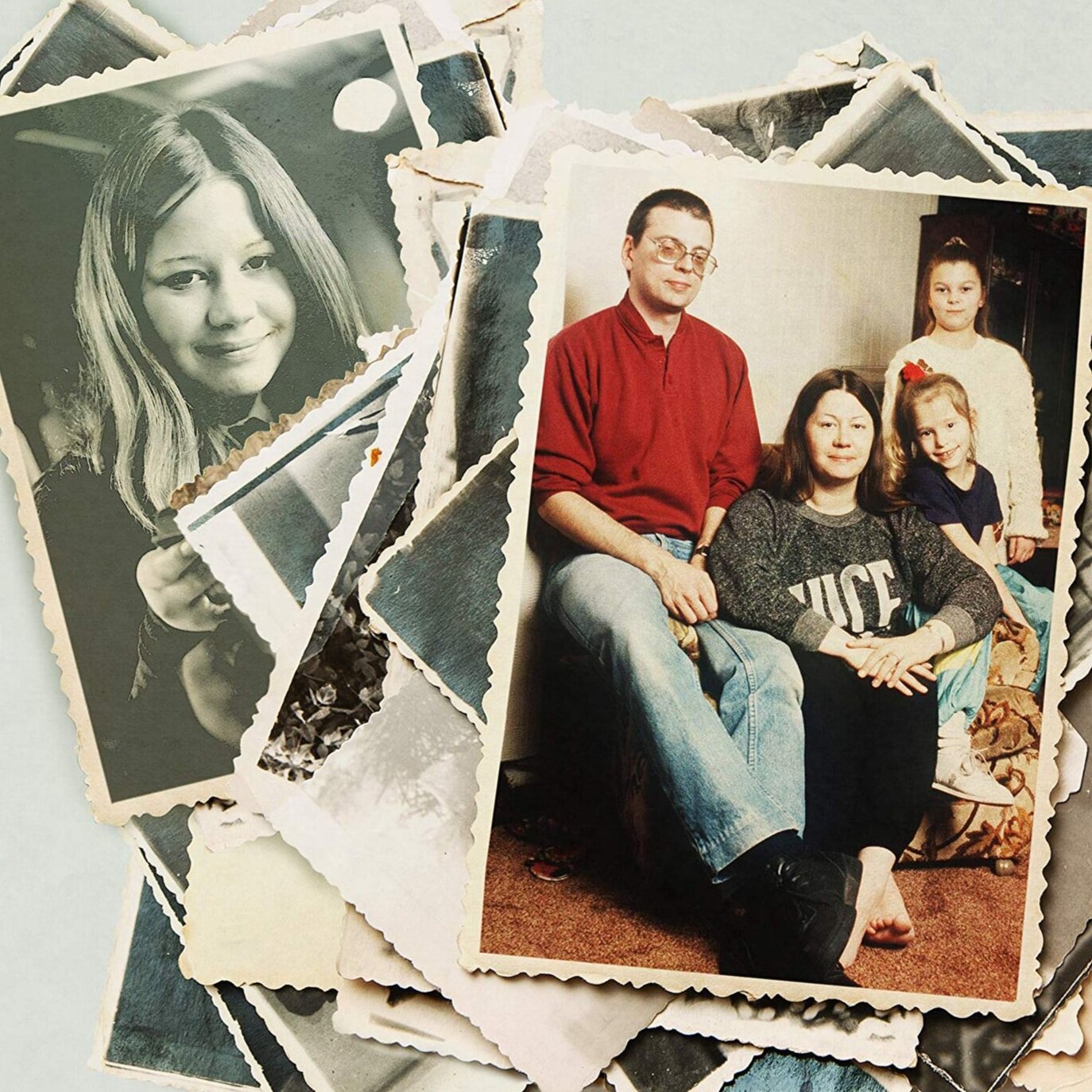
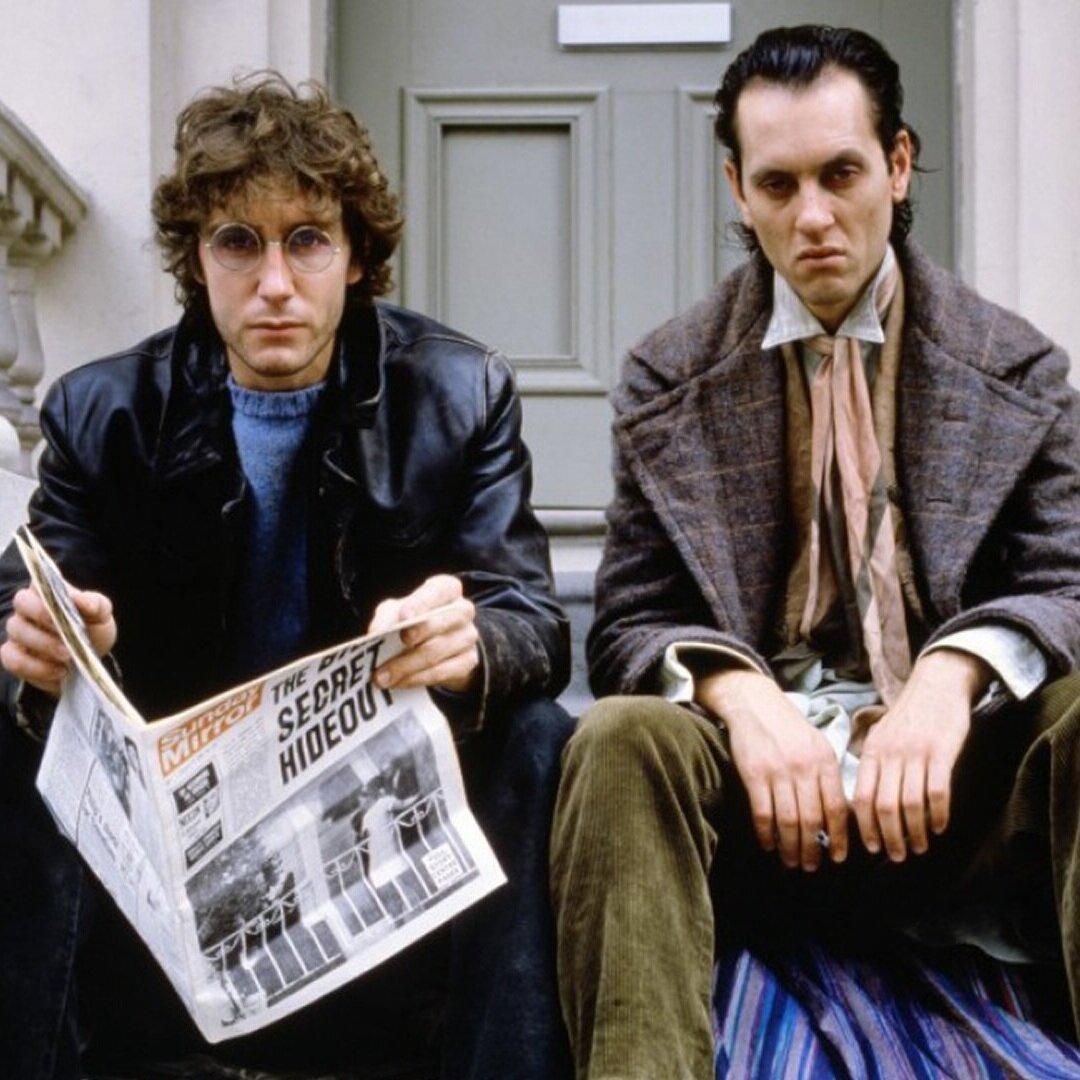

![Three Essential Black Mirror Episodes for New Viewers [SPOILERS]](https://images.squarespace-cdn.com/content/v1/608d9ef497633c6b6eb71caf/1620754679358-1W0DAR492IZLWOAV28J9/a27d24_dbbb6890773a4d818a88751169d459e6_mv2.jpg)
